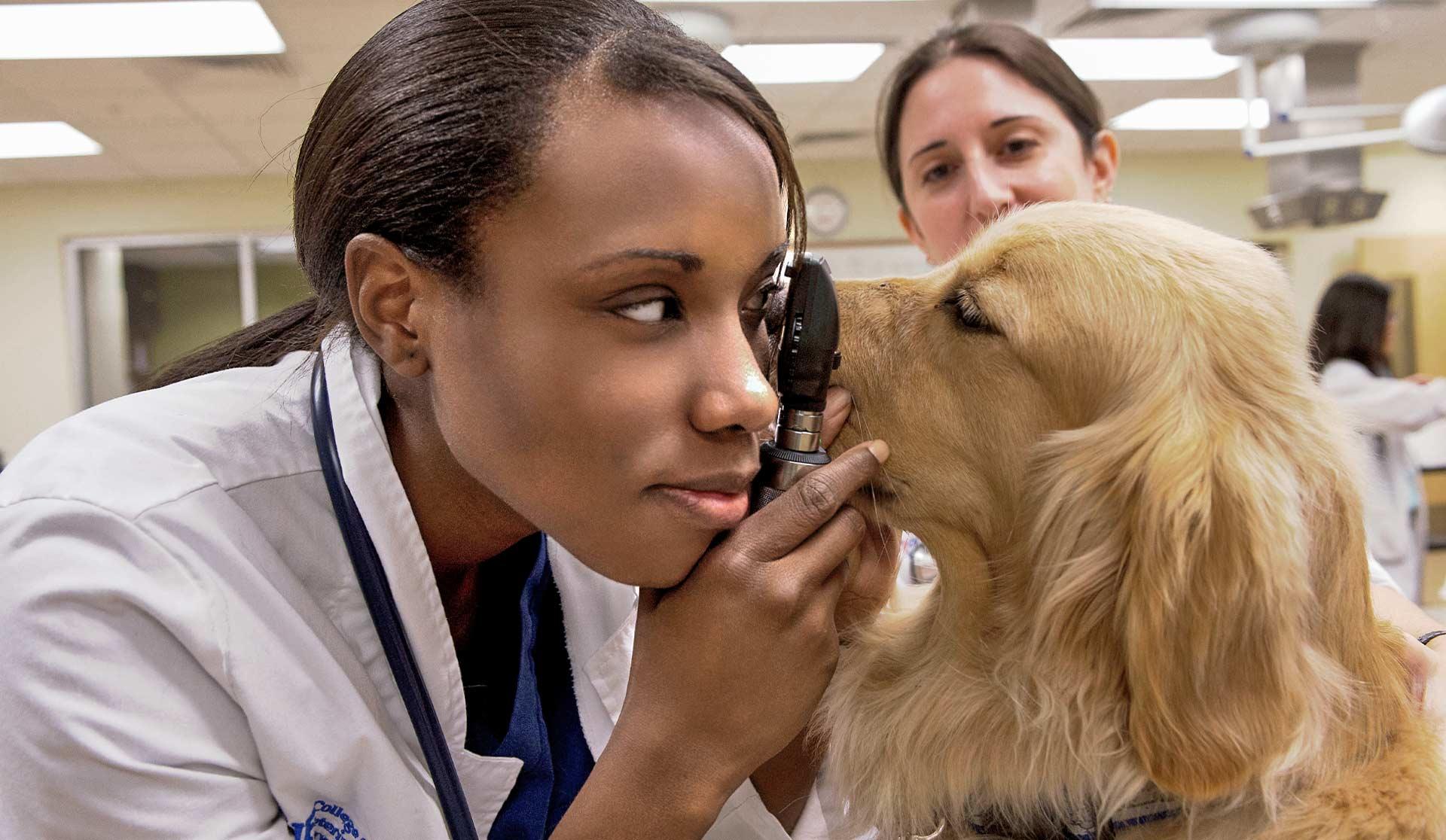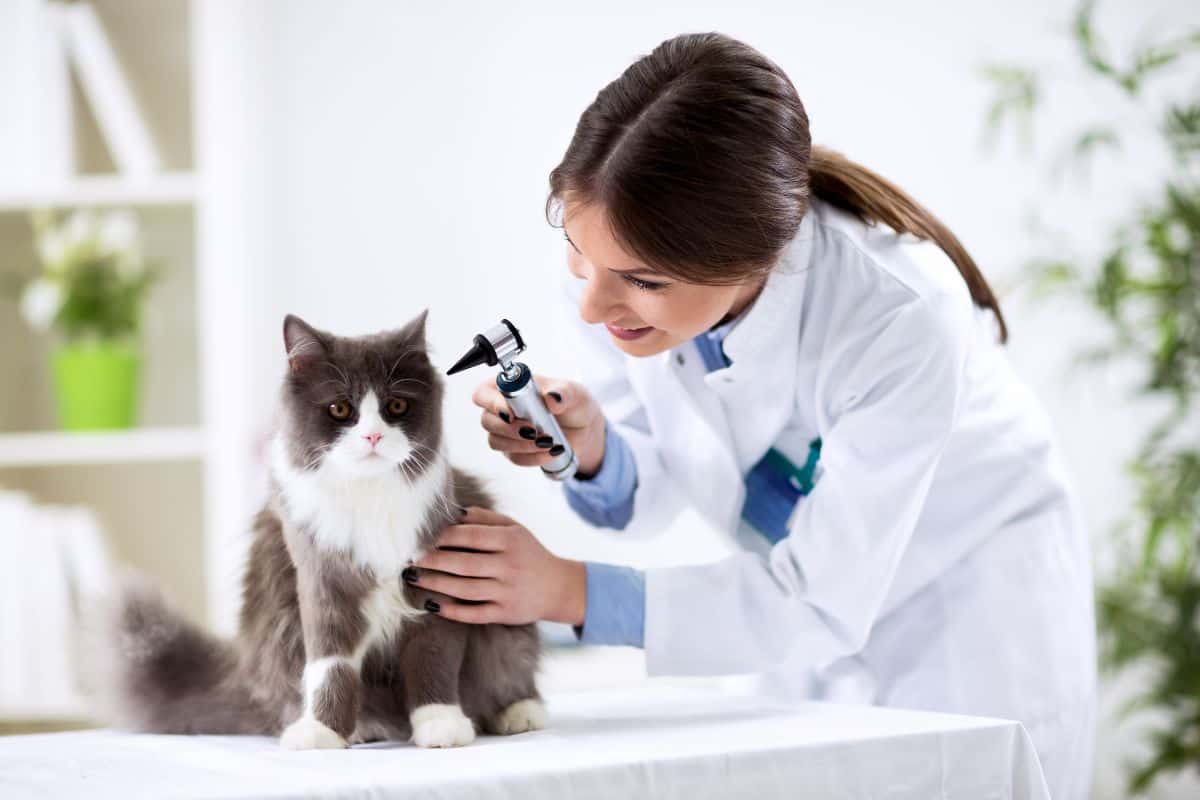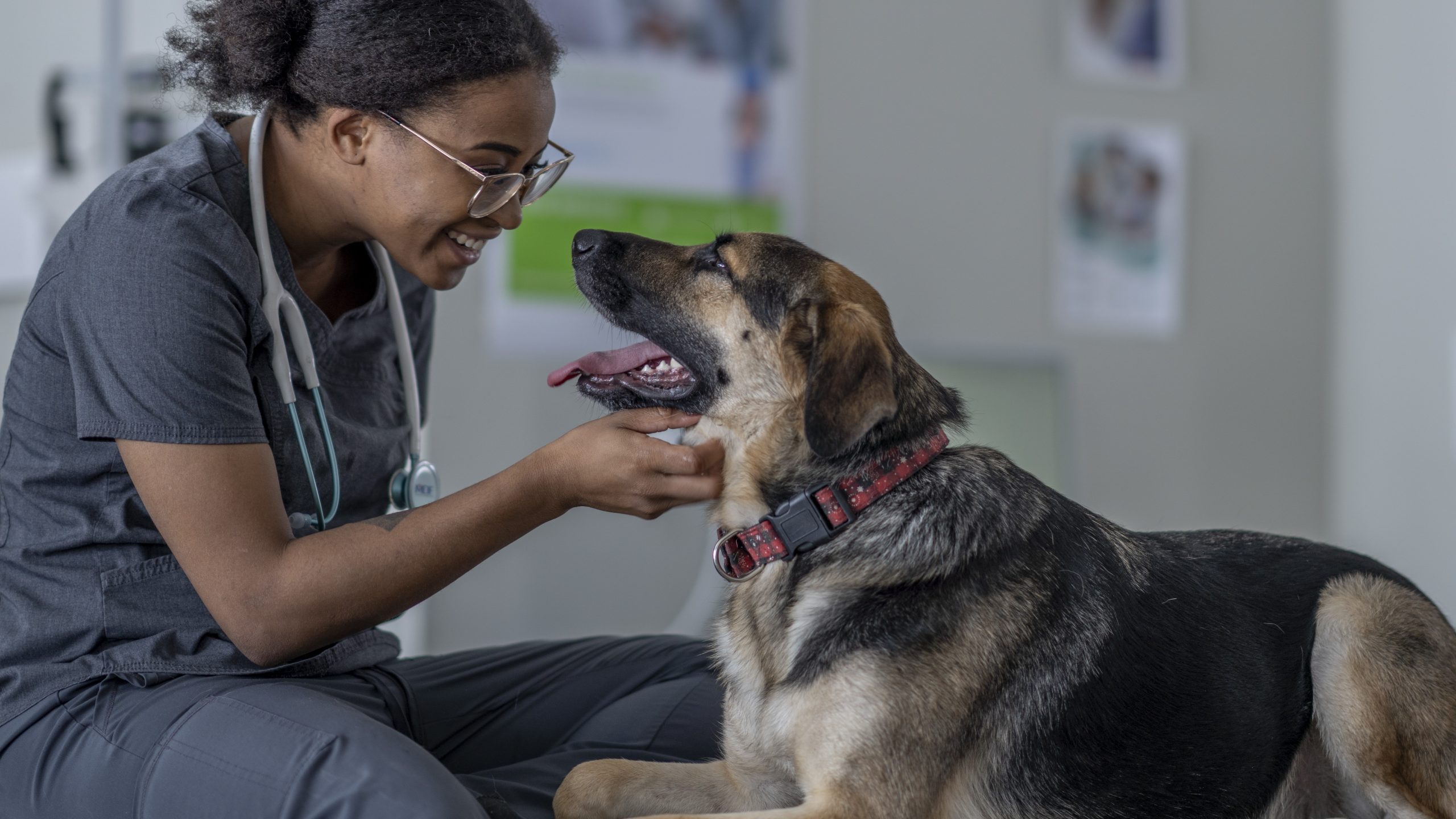When to Look for the Aid of an Emergency Vet for Sudden Health Concerns
When to Look for the Aid of an Emergency Vet for Sudden Health Concerns
Blog Article
Inoculation Standards From Your Trusted Veterinarian
Inoculation guidelines given by your trusted vet play an important duty in guarding your animal's wellness and well-being. Furthermore, dealing with usual mistaken beliefs bordering vaccines can better improve family pet proprietors' confidence in these preventative measures.

Importance of Inoculations
Inoculations play a crucial duty in protecting family pets versus an array of preventable illness. By boosting the immune system to acknowledge and fight specific microorganisms, injections considerably decrease the occurrence of contagious illness that can influence a pet's health and durability. Not just do vaccinations protect specific pets, yet they likewise contribute to herd immunity, thereby reducing the general occurrence of illness in the pet population.
Prompt vaccinations help to minimize the spread of diseases such as rabies, parvovirus, and distemper, which can have severe consequences for both pet dogs and people. Inoculations are usually a requirement for boarding facilities, grooming services, and dog parks, making them crucial for those who wish to mingle their family pets.

Core Injections for Pets
While the specific vaccination needs of animals can vary based upon individual factors, core vaccinations are widely advised to safeguard against one of the most typical and major conditions (Vet Enterprise). Core injections are those deemed essential for all pets, regardless of their way of living or geographical area, as they safeguard versus very infectious and potentially deadly ailments
For pets, the core injections consist of those for canine distemper, parvovirus, adenovirus (hepatitis), and rabies. Adenovirus can result in liver condition, while rabies is a zoonotic illness that poses a threat to both human beings and pets.
In cats, core vaccines encompass feline panleukopenia, feline calicivirus, feline herpesvirus (rhinotracheitis), and rabies. Feline panleukopenia is an extremely transmittable viral illness that impacts the immune system and intestinal tracts. Calicivirus and herpesvirus are significant contributors to upper respiratory infections in felines, while rabies remains an essential concern for public wellness.
Seek advice from your vet to guarantee your family pets receive their core vaccinations on time.
Non-Core Vaccines Explained
Non-core vaccinations are customized to attend to details threats associated with a pet's atmosphere, direct exposure, and way of living to specific diseases. Unlike core injections, which are generally advised for all family pets, non-core vaccinations are considered based on private scenarios. These vaccinations are especially vital for pet dogs that may run into one-of-a-kind pathogens because of their geographical location, travel behaviors, or activities.
Instances of non-core injections include those for Bordetella bronchiseptica, which is linked to kennel cough, and Lyme illness, triggered by ticks. Pets that regularly engage with other animals, such as those in boarding facilities, dog parks, or grooming environments, might gain from Bordetella vaccination. If you live in an area where Lyme illness is prevalent, vaccinating against this illness can be a prudent option for outdoor-loving pet dogs.
Other non-core injections may consist of those for leptospirosis, canine influenza, and feline leukemia, relying on the specific threat elements existing. It is necessary to have a complete conversation with your vet regarding your family pet's way of living and the potential need for these vaccinations, guaranteeing a tailored inoculation technique that finest secures your furry buddy.
Vaccination Set Up Introduction

As pet dogs develop, it is necessary to stick to the advised booster vaccinations. Emergency Vet. For adult animals, core vaccinations are typically offered every one to 3 years, depending on the specific vaccination and regional laws. Non-core injections may be suggested based on lifestyle aspects and local condition occurrence, demanding a customized strategy
Routine vet exams are important for upgrading inoculation click here to read schedules. Your veterinarian can offer support on the most ideal booster shots for your pet, factoring in age, health status, and ecological dangers. By remaining positive and notified, pet dog owners can ensure their furry friends obtain efficient and timely vaccinations, thereby securing their wellness and wellness throughout their lives.
Typical Myths About Injections
Misunderstandings about pet inoculations can result in confusion and unwillingness among pet dog proprietors pertaining to the immunization procedure. One common myth is that vaccines are unneeded for interior animals. While it's real that interior pets face lower dangers, they are not totally immune to illness, as microorganisms can be introduced through numerous means, including human clothing and various other family pets.
Another misunderstanding is that injections can cause the conditions they aim to avoid. In truth, most vaccinations consist of inactivated or undermined microorganisms, which can not trigger disease in healthy and balanced animals. Some pet dog owners also believe that their pets must not be vaccinated if they are currently healthy and balanced; however, inoculations are a proactive procedure that aids avoid the start of disease.
In addition, several pet owners fear that vaccinations will lead to long-term health problems. The benefits of inoculation-- shielding pet dogs from possibly life-threatening illness-- much surpass the threats.
Verdict
In recap, adherence to vaccination guidelines is crucial for making certain the health and wellness and longevity of pet dogs. Eliminating typical misconceptions surrounding inoculations even more strengthens the significance of educated decision-making in animal treatment.
Not only do vaccinations protect individual pets, however they additionally add to herd immunity, thereby lowering the total occurrence of diseases in the family pet populace.
Misconceptions concerning family pet inoculations can lead to complication and hesitation among pet proprietors regarding the immunization procedure. While it's real that indoor family pets deal with lower dangers, they are not entirely immune to diseases, as microorganisms can be presented through numerous methods, including human garments and other pet dogs.
Some pet owners additionally believe that their family pets ought resource to not be vaccinated if they are currently healthy and balanced; nonetheless, vaccinations are an aggressive measure that helps avoid the beginning of disease.
The advantages of inoculation-- safeguarding family pets from possibly life-threatening conditions-- much surpass the dangers.
Report this page